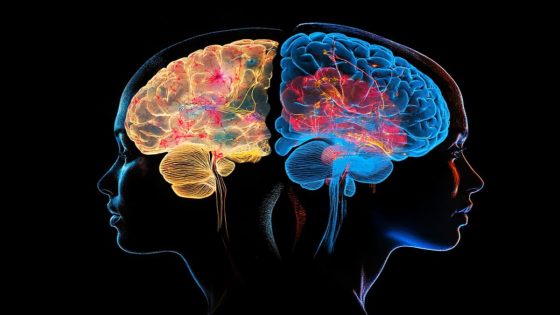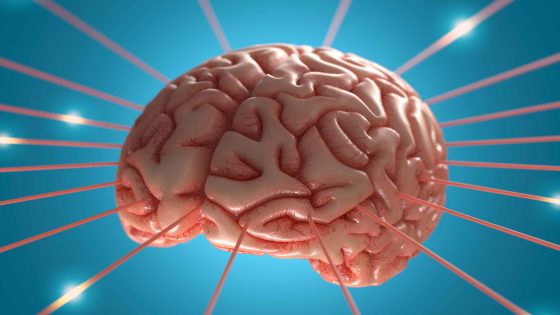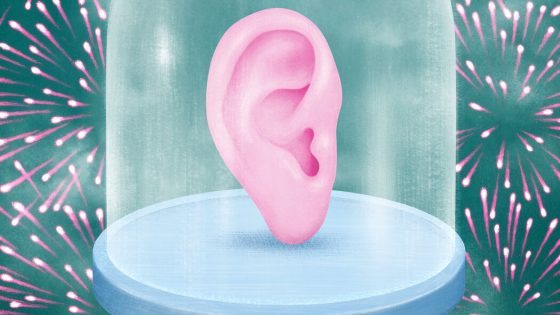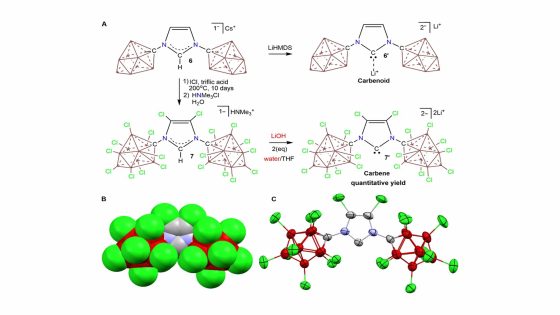Depression continues to be a leading mental health challenge affecting millions globally. Recent research highlights a newly identified biomarker that could revolutionize depression detection and treatment. On 2025-05-13 23:34:00, experts revealed that an enlarged salience network in the brain may serve as a reliable indicator for predicting depression risk.
- Enlarged salience network identified as depression biomarker.
- Expansion precedes symptoms, enabling early detection.
- Depression redefined as neural connectivity disorder.
- Potential mechanisms: genetic, compensatory, atrophy.
- Early intervention may improve quality of life.
- Treatment strategies should target network connectivity.
This salience network, crucial for attention and mental state regulation, was found to be consistently larger in individuals with depression, regardless of symptom severity or treatment history. Notably, this expansion occurs before the onset of symptoms, paving the way for earlier interventions.
This discovery raises important questions about how we view and treat depression. Could understanding this neural signature lead to more effective therapies? By recognizing depression as a disorder of brain connectivity rather than just neurotransmitter imbalances, we can tailor treatments more effectively.
- Consider regular mental health screenings for early detection.
- Engage in activities that promote brain health, such as exercise and a balanced diet.
- Stay informed about new research and treatment options for depression.
- Discuss any mental health concerns with a healthcare professional.
As research progresses, we must advocate for innovative approaches to mental health care, emphasizing early detection and personalized treatment strategies. Together, we can work towards a future where depression is managed more effectively.





















![[Adobe Stock]](https://news.faharas.net/wp-content/uploads/2025/05/Childhood-Virus-Linked-to-Alzheimers-Uncover-the-Silent-Threat-to-230x129.jpg)











